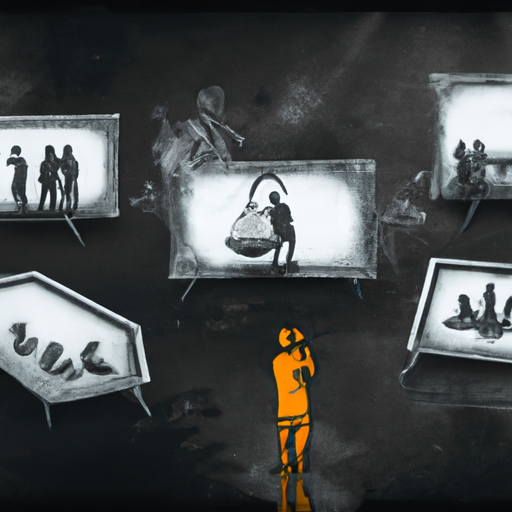Addressing the Opioid Crisis in British Columbia: An Analysis
The opioid crisis has been a significant issue in Canada over the past decade, with fatal drug overdoses, primarily linked to opioids, being declared a public-health emergency in British Columbia in 2016. While progress is being made, there’s an urgent need for strategic measures to combat the crisis. This post dives into a recent article in the Times Colonist that sheds light on the situation and the steps being taken to mitigate the issue.
The Current Situation
The opioid crisis in Canada shows no signs of abating with overdose deaths increasing by 74% in 2020 compared to the previous year. The increase in deaths is attributed to the growing presence of highly potent substances such as fentanyl and carfentanil, often mixed unknowingly with other drugs. Subsequently, this has led to an increase in homelessness, crime, and public health issues.
Efforts to Combat the Crisis
Despite the severity of the opioid crisis, Canada is making commendable efforts to manage and reduce the devastating effects. British Columbia’s Finance Minister, Katrine Conroy, has announced that there will be no cuts to people or services in the battle against the opioid crisis. This forms part of the Canadian government’s commitment to support the most vulnerable citizens and tackle the ongoing public health emergency.
Investment in Mental Health and Addiction Services
The government of British Columbia has allocated $500 million to mental health and addiction services. This funding will be directed towards creating new adult mental health and substance use beds, enhancing youth service capacity, and improving community-based services. This aligns with a strategic approach focusing on harm reduction, prevention, and comprehensive care.
Naloxone Distribution
Naloxone, a medication that can rapidly reverse an opioid overdose, plays a crucial role in the fight against the opioid crisis. The government provides free naloxone kits and training on how to use them, with over half a million kits being distributed so far.
Key Highlights
- There has been a 74% increase in overdose deaths in 2020 compared to the previous year.
- The opioid crisis has resulted in an increase in homelessness, crime, and public health issues.
- British Columbia’s government has pledged not to cut services or support to people amidst the opioid crisis.
- $500 million has been allocated towards mental health and addiction services.
- Over half a million free naloxone kits have been distributed to combat overdoses.
Closing Thoughts
The opioid crisis presents a significant challenge to Canadian society, and particularly to the province of British Columbia. It is clear from the Times Colonist article that a multi-faceted approach is needed to tackle this crisis, including investment in mental health and addiction services, measures to reduce homelessness, and widespread distribution of life-saving naloxone kits. By throwing the full weight of the government’s resources and commitment behind these efforts, there is hope that the tide can be turned against the devastating opioid crisis.
